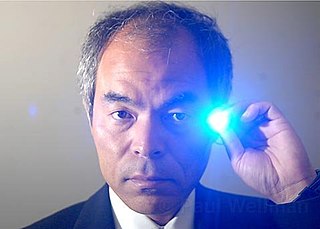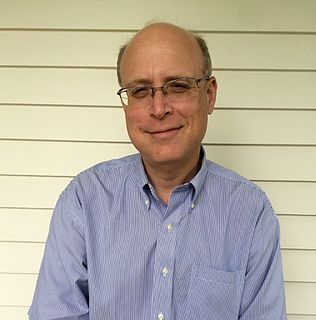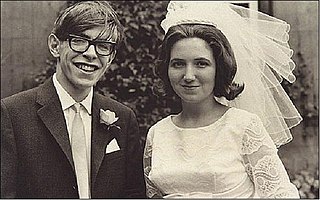A Quote by Elizabeth Blackburn
In the 1970s, I did a Ph.D. with Fred Sanger in Cambridge who was in the process of inventing ways to map what's inside DNA. He later won the Nobel Prize.
Related Quotes
I think the Nobel Prize helps for a number of reasons. Number one, if I can be frank, there is these people will feel by getting a Nobel Prize that I'm one of them, that it is possible to contribute on the world map of science and technology. And the other thing also which I'm hoping for is that the government in Egypt is willing and interested in promoting science and technology and this is an ideal time now to be able to do something.
If you look at the recent Nobel Prize winners, one couldn't say that the work didn't matter and the political commitment did. Who had ever heard of the Egyptian writer Naguib Mahfouz? He is not politically involved. Octavio Paz is a great poet, also not politically involved. The Nobel Prize is for literature, for the quality of work over the years.
National Review once opined, many years ago, that, every year, the Nobel peace prize should go to the U.S. secretary of defense: The American military is the number-one guarantor of peace in the world. But maybe something like a Nobel freedom prize would be a more appropriate award for Reagan than a peace prize.
Physicist Isador Isaac Rabi, who won a Nobel Prize for inventing a technique that permitted scientists to probe the structure of atoms and molecules in the 1930s, attributed his success to the way his mother used to greet him when he came home from school each day. "Did you ask any good questions today, Isaac?" she would say.




































